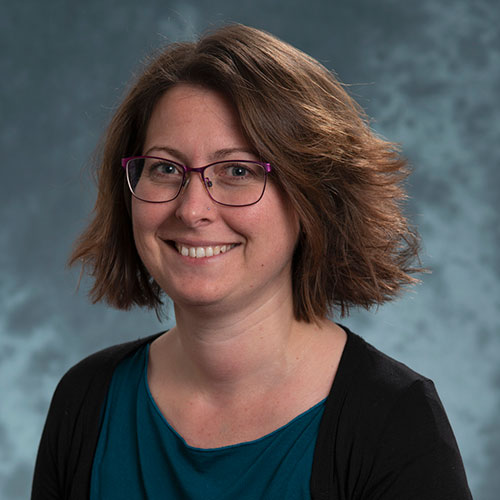Summary
My research interest centres on trying to understand how lake ecosystems have responded to past climate changes from a multi-disciplinary perspective and to try to understand how resilient these often vulnerable but ecologically important freshwater resources may be to future climate changes, especially under increasing pressure from human activity, pollution and modification. Specifically, my research focuses on three main themes: (i) understanding long-term [Holocene] changes in climate [effective precipitation] and environments [catchment change] using fossilised algae preserved in lake sediment records; (ii) development and application of quantitative diatom models (transfer functions) to assess water chemistry changes through time and (iii) understanding the effects of human impacts on freshwater and estuarine ecosystems and how this may affect the resilience of these systems under increasing climatic and anthropogenic pressures.
Keely Mills’s Biography
- 2014 – ongoing : Geoscientist and Project Development Scientist (BGS Global), British Geological Survey
- 2012 – 2014 : Lecturer in Physical Geography, Loughborough University
- 2009 – 2012 : Research Fellow, Federation University (University of Ballarat), Australia
- 2005 – 2009 : PhD in Palaeolimnology, Department of Geography, Loughborough University
ORCID
Current projects and collaborations
- 2016 – ongoing : Working across BGS’ diverse research portfolio to design and implement a number of Challenges Research Platforms to address the UN’s Sustainable Development Goals. Developing an applied science programme that showcases the role of Geoscience in Development and Overseas Aid, enhancing the UK’s National Capability and National Public Good Science. Platforms include ‘Integrated Resource Management in eastern Africa’, ‘Resilience of Asian Cities’ and ‘Global Geological Risk’. See our website, Geoscience for Sustainable Futures, for more detail about our work and our partners.
- 2017 – ongoing : Anthropogenic stressors and their impact on biodiversity and biogeochemical cycling in tropical lakes. This is a palaeolimnological project focused on the crater lakes of western Uganda. This project is in collaboration with Dr Emilie Saulnier-Talbot (Universite Laval), Dr David David Ryves (Loughborough University), and Dr Julius Lejju (Mbarara University of Science & Technology). In 2017 a PhD student- Tessa Driessen – began work on a PhD related to this research. Tessa is part of the CENTA DTP. The research was funded by a small grant from the British Ecological Society.
- 2014 – ongoing : Aquatic Transitions Working Group –This working group aims to integrate regional records of change in aquatic systems to provide a global synthesis of the sensitivity of sites to critical stages of human impact, detailing the nature of changes and providing management solutions. Co-lead with Professor Peter Gell (Federation University Australia, Dr Carl Sayer (UCL), Professor Jasmine Saros (University of Maine), Professor John Dearing (University of Southampton and Dr Marie-Elodie Perga (French National Institute for Agricultural Research). Find out more at Aquatic Transitions
Boards and committees
- 2015 – ongoing : Elected Early Career Researcher representative for The International Union for Quaternary Research (INQUA) Humans & Biosphere Commission (HABCOM)
- 2012 – ongoing : Treasurer, International Society for Diatom Research


